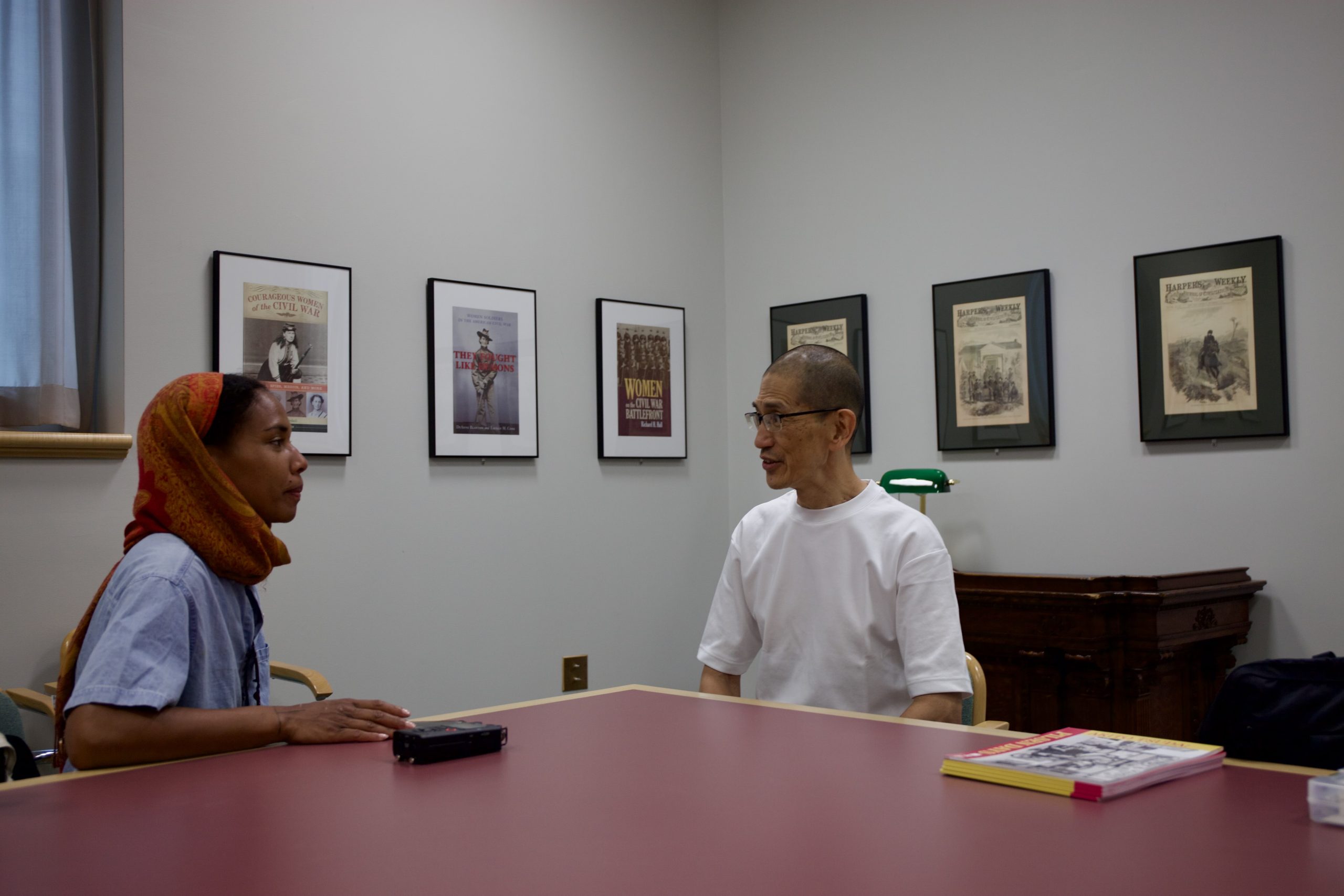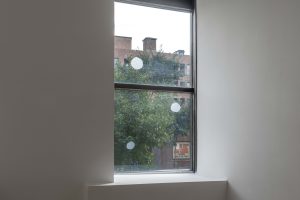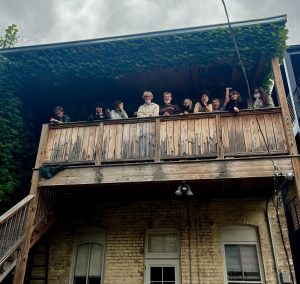
This article is presented in conjunction with Art Design Chicago, an initiative of the Terra Foundation for American Art that seeks to expand narratives of American art with an emphasis on the city’s diverse and vibrant creative cultures and the stories they tell.
Audio description:
Three questions from Mary ejdpkl Lawson to Akito Tsuda about his exhibition Pilsen Days and who he is now after this significant era in his career as a photographer (and) a mere observer. The audio is an introspective experimental composition that includes keyboard, vocals, the sounds of Lake Michigan, and a voiceover of Akito Tsuda’s responses about Pilsen Days.
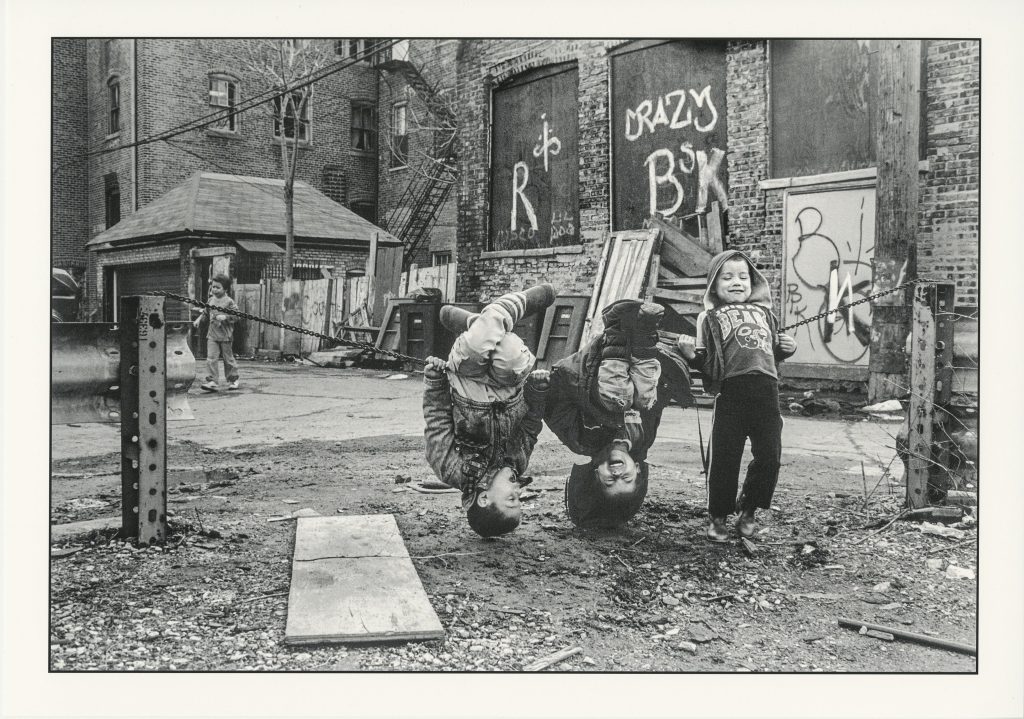
Interview Transcript:
Mary Lawson: What does belonging mean to you when you think of making home in a new place?
Akito Tsuda: Gaining a feeling of belongingness is a great joy and makes me feel a sense of accomplishment. It gives me motivation to commit myself to furthering my work enthusiastically. Also, the feeling of acceptance and belonging gives me a sense and practice of being accountable for my behavior after taking a photograph which helps me to grow as a better person.
ML: To be invited into a home takes trust. How did you make that happen with a few different families in Pilsen?
AT: Street and home are connected. I followed the people, mostly kids and they would let me into their homes. Also, I want to mention an important message from a daughter of an immigrant. She told me this at the very end of my stay in Chicago this June: “The people in the community knew the difficulty of learning a foreign Language (English) and adapting to a new culture.” Quick learning is especially demanding at the workplace. People accepted me because they empathized with my struggle and commitment to pave the way for the future. The people saw themselves in me and tried to help me. My heart was filled with joy to hear how the young generation understood the struggle of early immigrants and appreciated their hard work and sacrifices for their family.
ML: How do you identify yourself within your personhood outside of these racial/cultural identities? Who are you as Akito Tsuda? / What do you think about who you are?
AT: When I was young, my self-awareness was strong and I could not think positively about myself. I was focused on trying to overcome my weakness rather than finding enjoyment. I felt my life was shallow and lacking commitment, so I wanted to be a skillful person who could live confidently with my own craft. I thought that photography would be a tool to carve out a career for myself. But as I devoted more time to photography in Pilsen, I felt my superficiality as a mere observer. I wondered if I lived up to my expectations compared to hardworking people in Pilsen. I felt mixed emotions about my reason for being, but I committed to keep taking pictures because continuity is the way to show my dedication and appreciation to the people who helped me to take a photograph. Even though I still have some impurity and weakness, I’ve become less self-conscious. This is because of thoughtful feedback and friendly communications that I have received from the people of Pilsen in the last ten years. I’ve come to appreciate and embrace small actions in everyday life. And, sharing thoughts with the people of Pilsen helped me to be a mature person who values care and kindness more.
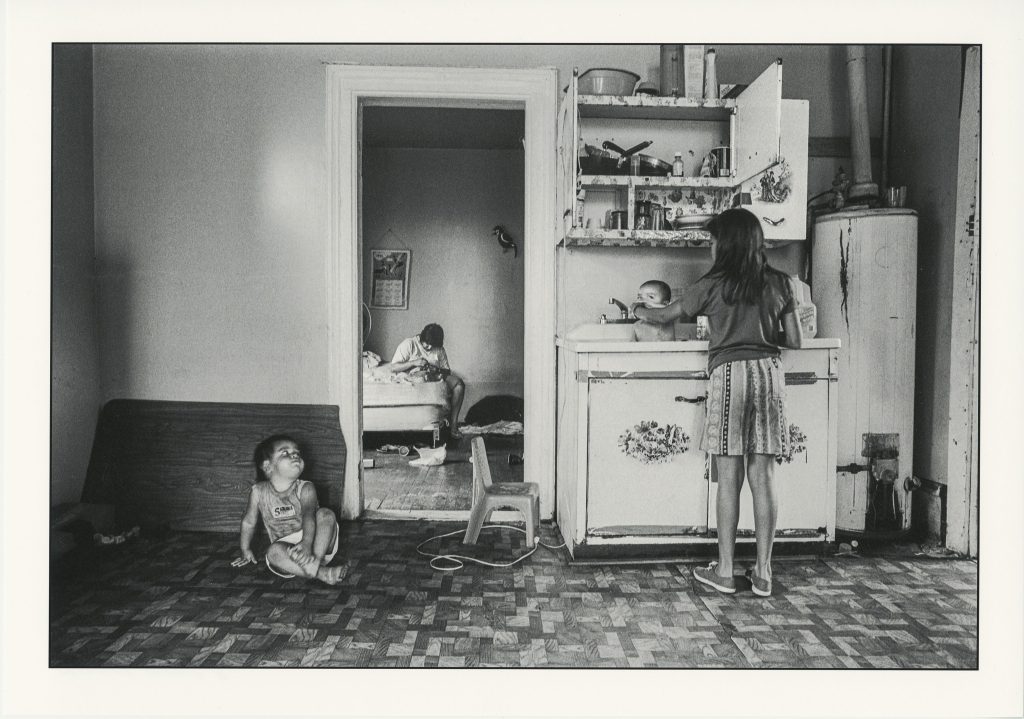
Akito Tsuda: Pilsen Days is on view on the 9th floor of the Harold Washington Library Center from June 3, 2024 to December 31, 2024.
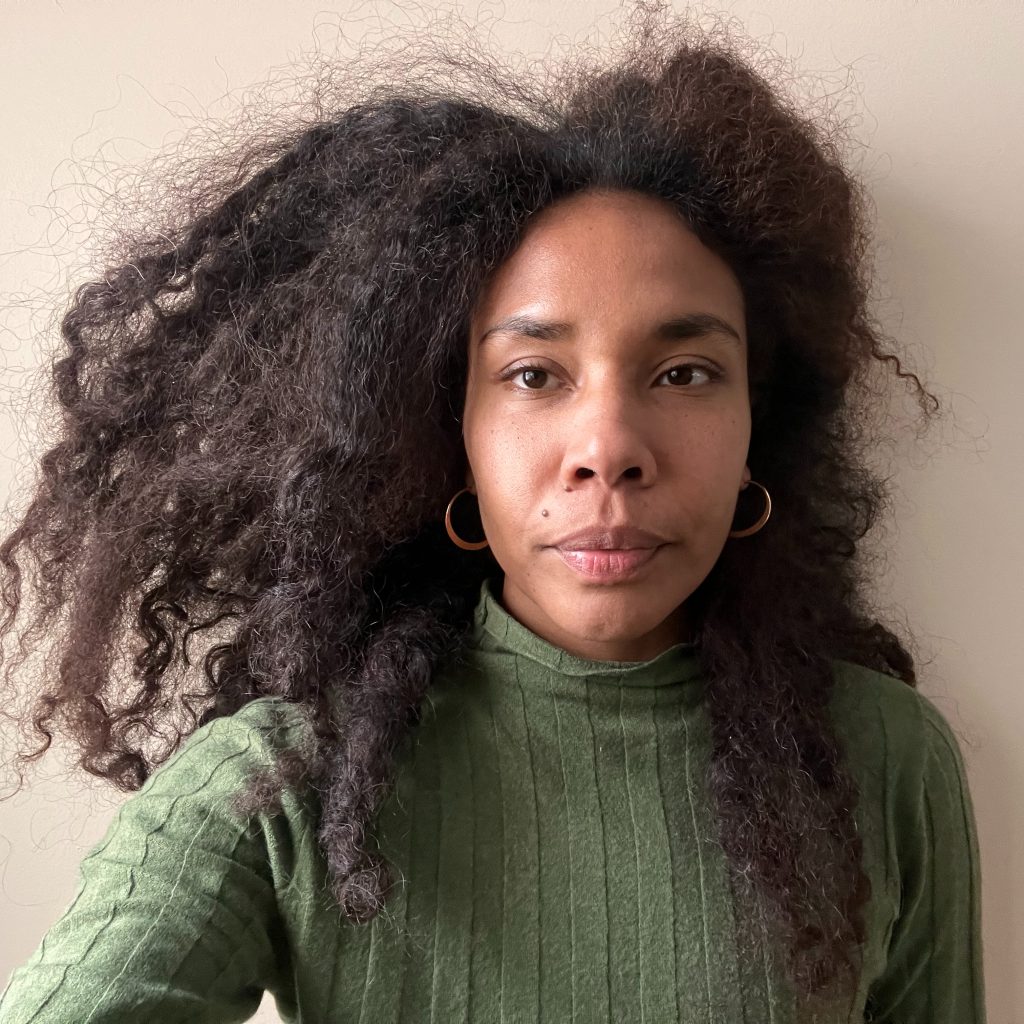
About the author: Mary Elizabeth Jo Dixen Pelenaise Kapi’olani Lawson is a woman of care. She is of the sun and the black earth. She comes from a Woman of Faith, so she too is a Woman of Faith. Mary is a writer, organizer, and performing artist who is currently based in the Midwest.
